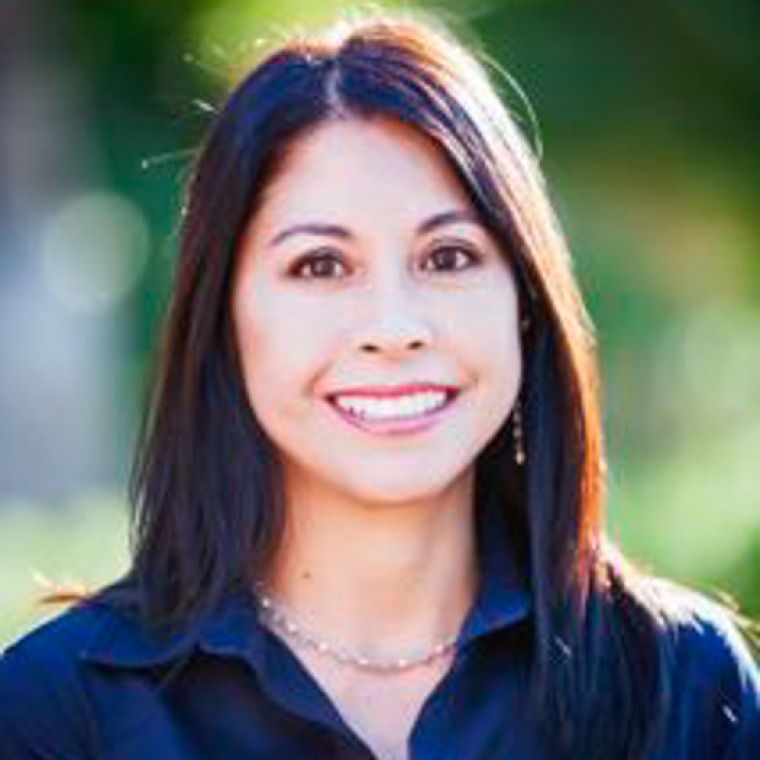Celeste González de Bustamante

Faculty Fellow 2018-2020
Celeste González de Bustamante is an associate professor in the University of Arizona School of Journalism and affiliated faculty of the Center for Latin American Studies and Department of Mexican American Studies. She received her Ph.D. in history, with a concentration on Latin America and World History from the University of Arizona. Her research focuses on human rights and the news media in the U.S.-Mexico borderlands, Mexico, and other parts of Latin America. González de Bustamante’s most recent work has centered on increasing threats to journalists in Mexico, one of the most dangerous countries in the world for reporters. Other current research involves historical and contemporary news media portrayals of peoples and places along the U.S.-Mexico borderlands.
Many of her teaching efforts seek to expand and deepen experiential learning opportunities for students interested in the borderlands and Latin America by bringing them to the region, so that they can study the peoples and places first hand, and by working with community-based organizations. She does this through border reporting courses as well as through a summer study abroad program in Costa Rica.
In spring 2018, González de Bustamante was selected as a 2018-2019 UA Academic Leadership Institute fellow. She is an 1885 Society Distinguished Faculty Fellow, former head of the International Communication Division of the Association for Education in Journalism and Mass Communication, and co-head of the Border Journalism Network (BJN).
Current work as the Haury Faculty Fellow
As an Agnese Nelms Haury Program in Environment and Social Justice Faculty Fellow she strives to improve understanding about the U.S.-Mexico borderlands through research, teaching, and by collaborating with community-based organizations. Specific projects seek to guide young people living in underserved border communities to tell their stories, rather than having narratives from the outside imposed upon them, which is a critical part of the Haury Foundation’s mission. Also, she will work to expand the BJN (a binational consortium) in order to increase partnerships with faculty and students at universities located in northern Mexico
